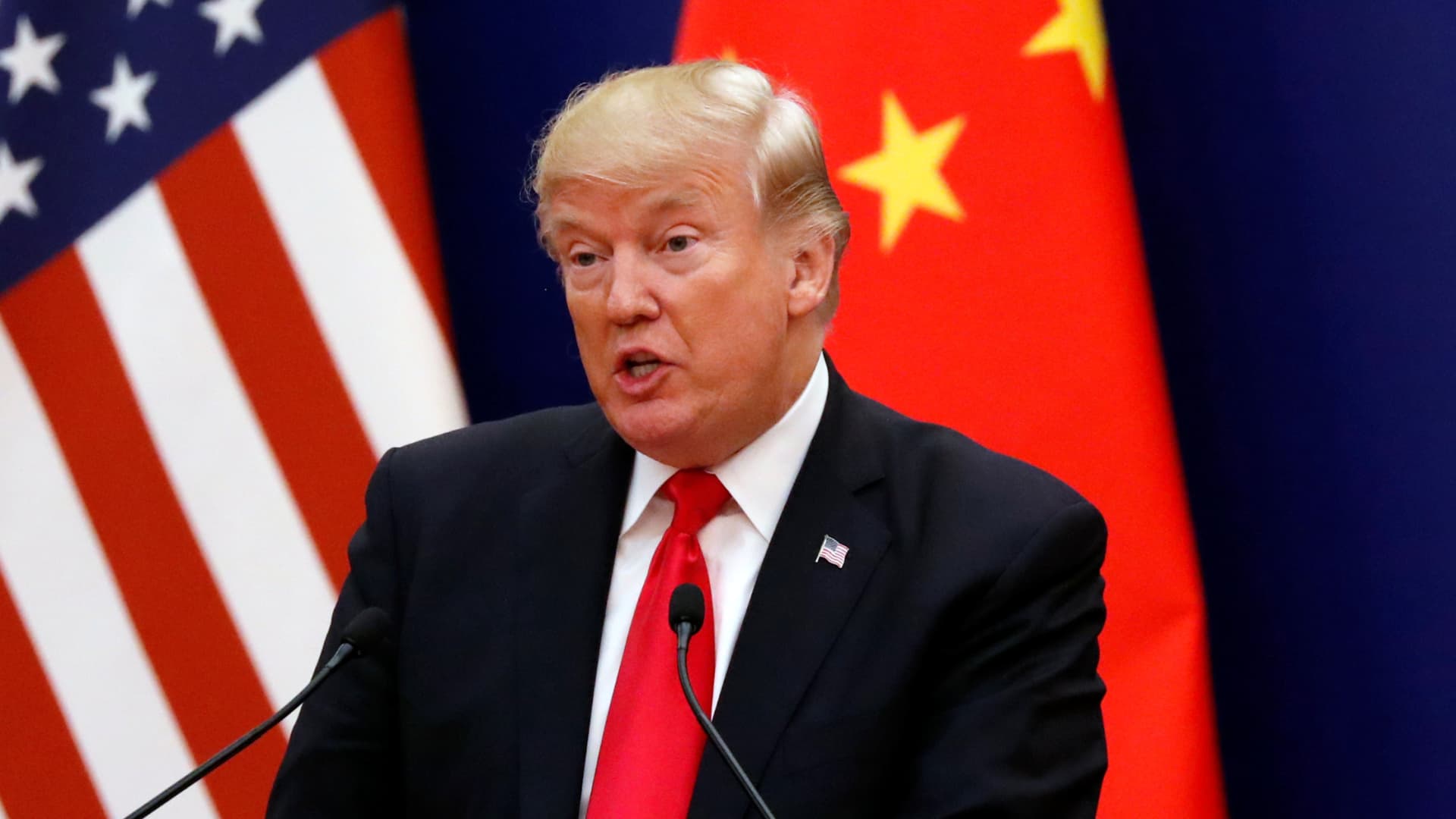
Investing.com — The appointment of Robert F. Kennedy Jr. as the brand new Secretary of Well being and Human Companies (HHS), pending Senate approval, might have huge implications for the US meals sector.
Kennedy’s outspoken stance in opposition to “Massive Meals” and his name to take away chemical substances from America’s meals provide sign potential challenges for the business. His proposal to declare a nationwide emergency for persistent illness underlines an aggressive regulatory strategy that would reshape insurance policies affecting packaged meals firms.
Key issues embrace faculty lunch applications, which can see stricter tips on sugar, sodium, and trans fat.
“Whereas ranges of trans fat have largely been diminished to de minimis ranges per serving, many meals together with sugary cereals, processed meats, soups and yogurt could possibly be affected,” Bernstein analysts stated in a notice.
“Having stated that, it’s notoriously onerous to ascertain a agency definition of ‘processed meals’ and the business has a observe report of responding to particular tightening of vitamin tips with incremental change that retains their merchandise inside scope.”
One other focus is Kennedy’s advocacy for decreasing artificial meals dyes like Crimson 40 and Yellow (OTC:) 5, that are already restricted in Europe. Firms resembling PepsiCo (NASDAQ:), WK Kellogg (NYSE:) Co (NYSE:), Common Mills (NYSE:), and Kraft Heinz (NASDAQ:), whose merchandise usually function these dyes, might face elevated scrutiny.
In the meantime, the beverage sector could possibly be impacted by Kennedy’s curiosity in proscribing Supplemental Vitamin Help Program (SNAP) advantages for buying processed meals and sugary drinks.
A USDA examine discovered that 10% of SNAP advantages are spent on sweetened drinks, making them a probable goal. Nonetheless, it “could possibly be difficult to outline precisely which meals ought to be excluded from SNAP protection,” Bernstein analysts stated.
Broader regulatory shifts may embrace applications to advertise more healthy consuming, drawing from worldwide fashions like Europe’s sugar taxes or the UK’s Excessive Fats, Sugar, and Salt Initiative.
Enhanced front-of-pack labeling might additionally emerge, elevating client consciousness and probably dampening demand for extremely processed meals.
Kennedy’s appointment comes amidst ongoing inflationary pressures on the meals provide chain, exacerbated by labor shortages and potential immigration crackdowns. Stricter insurance policies on farm subsidies might additionally drive up meals costs whereas encouraging more healthy crop manufacturing, altering the aggressive panorama for processed meals producers.
Even when legislative modifications are restricted, heightened media protection of Kennedy’s “Making America Wholesome Once more” agenda might affect public notion, drawing parallels to previous shifts following debates on GMO labeling.
Previous nationwide media protection of this debate considerably influenced client habits. This consciousness prolonged to points like synthetic flavors, colours, and using hormones and antibiotics in meat and dairy. The end result was a decline in demand for closely processed meals and a surge in cleaner-label manufacturers.
“We surprise if this time round, we might see the same impact,” analysts requested.
Nonetheless, additionally they warning that Kennedy’s efforts may face resistance. Notably amongst Trump voters, opposition to perceived overreach into private meals selections might restrict the impression of such initiatives and probably shorten Kennedy’s tenure at HHS.



